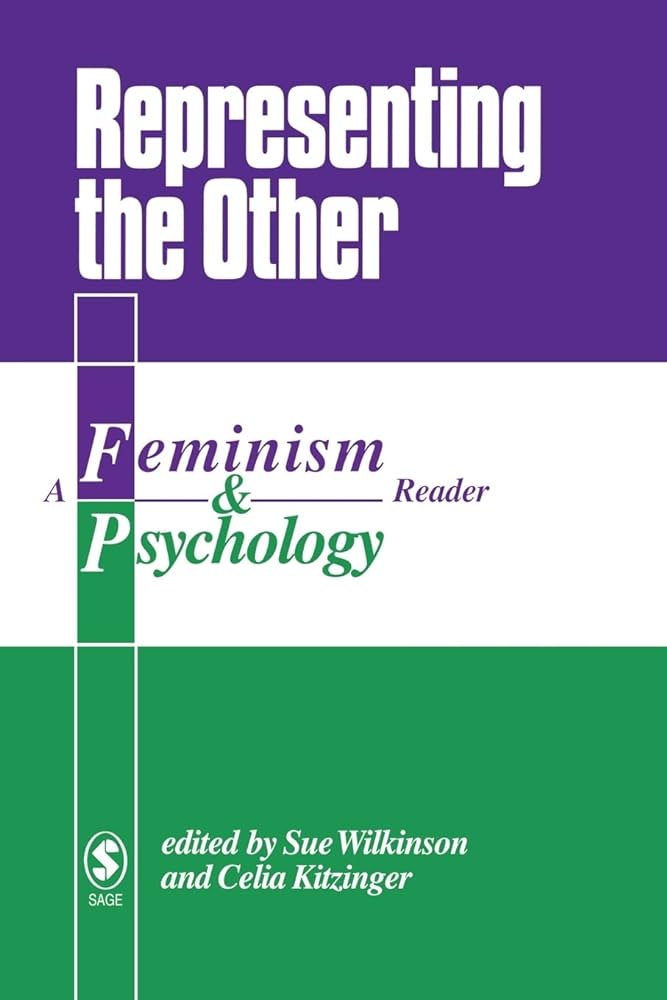Conspiracy theories in online deliberation on gender identity legislation: Dilemmas of prejudice and political partisanship and implications for LGBTQI+ claims
IF 1.9
3区 心理学
Q2 PSYCHOLOGY, MULTIDISCIPLINARY
引用次数: 0
Abstract
Conspiracy theories have recently come under the scrutiny of social psychology. While some theorists have treated them as a deficient way of thinking, others have considered them as a form of political rhetoric with important social implications. We focus on conspiracy theories in the context of online public deliberation on legislation allowing registration of self-defined gender in Greece. Employing the tools of Critical Discursive Psychology, we analyse comments posted on the Ministry of Justice's website created for public consultation about the law change. We focus on the mobilization of conspiracy theories by people who oppose Law 4491/2017 (“Legal Recognition of Gender Identity – National Mechanism for the Development, Monitoring and Evaluation of Action Plans on Children's Rights and Other Provisions”). These commentators often argued that powerful groups are behind the proposed legislation, aiming at decreasing Earth's population, disrupting moral order, and violating humanness. We demonstrate how these constructions helped participants to perform various tasks, such as delegitimizing the legislation while at the same time avoiding the stigma of prejudice, promoting far-right political practices, and rebutting accusations of political partisanship. The results are discussed in relation to conspiracy theories’ role in countering “gender ideology” and in promoting cisgenderism and heteronormativity.性别认同立法网络审议中的阴谋论:偏见与政治党派的困境及其对LGBTQI+诉求的启示
阴谋论最近受到社会心理学的仔细研究。虽然一些理论家认为它们是一种有缺陷的思维方式,但其他人认为它们是一种具有重要社会含义的政治修辞形式。我们专注于阴谋论的背景下,网上公开审议立法允许登记自我定义的性别在希腊。运用批判话语心理学的工具,我们分析了司法部网站上发布的关于法律变更的公众咨询的评论。我们关注反对第4491/2017号法律(《性别认同的法律承认——儿童权利及其他规定行动计划制定、监测和评估的国家机制》)的人所鼓动的阴谋论。这些评论家经常争辩说,拟议的立法背后有强大的团体,旨在减少地球人口,破坏道德秩序,违反人性。我们展示了这些结构如何帮助参与者执行各种任务,例如在取消立法合法性的同时避免偏见的耻辱,促进极右政治实践,以及反驳对政治党派关系的指责。研究结果还讨论了阴谋论在反对“性别意识形态”和促进顺性别主义和异性恋规范方面的作用。
本文章由计算机程序翻译,如有差异,请以英文原文为准。
求助全文
约1分钟内获得全文
求助全文
来源期刊

Feminism & Psychology
Multiple-
CiteScore
3.30
自引率
11.10%
发文量
51
期刊介绍:
Feminism & Psychology provides a forum for debate at the interface between feminism and psychology. The journal"s principal aim is to foster the development of feminist theory and practice in – and beyond – psychology. It publishes high-quality original research, theoretical articles, and commentaries. We are interested in pieces that provide insights into the gendered reality of everyday lives, especially in relation to women and girls, as well as pieces that address broader theoretical issues. Feminism & Psychology seeks to publish work from scholars, researchers, activists and practitioners at all stages of their careers who share a feminist analysis of the overlapping domains of gender and psychology.
 求助内容:
求助内容: 应助结果提醒方式:
应助结果提醒方式:


